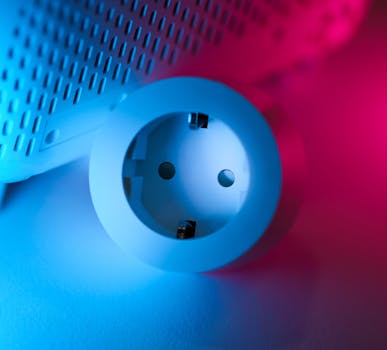
Embracing the Future of Living
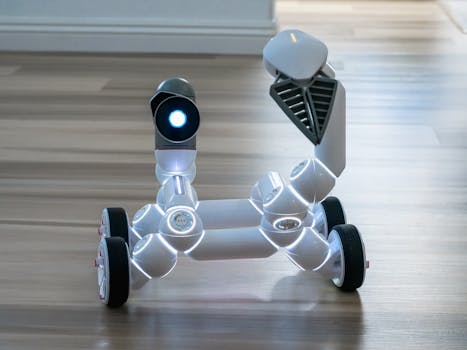
The year 2025 marks a significant turning point for technology and our everyday environment, as smart homes become increasingly prevalent in our lives. By this time, artificial intelligence (AI) is expected to transform the way we interact with our homes. Living in a house where everything is automated and interlinked not only enhances our lifestyle but also fosters energy efficiency and optimal utility management.
Enhanced Convenience and Personalization

With the advent of AI-driven devices, convenience in smart homes has reached unprecedented levels. Smart assistants, equipped with advanced machine learning algorithms, learn from homeowners’ habits and preferences, thus tailoring the environment accordingly. Imagine coming home to a perfectly adjusted temperature, lights that illuminate as you enter a room, and your favorite music already playing. These personalized features not only cater to individual needs but also create a seamless living experience.
Home Security Redefined
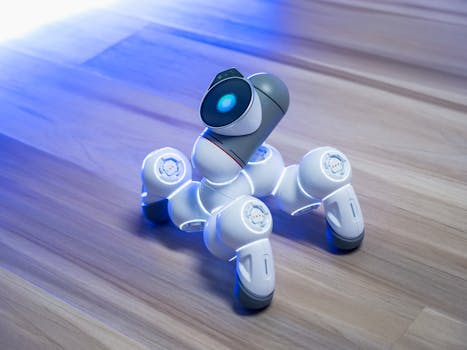
The security of our homes is a perennial concern. However, as AI advancements unfold, home security is expected to undergo a profound transformation by 2025. AI-powered cameras and monitoring systems will be capable of distinguishing between regular activity and potential threats, providing homeowners with real-time alerts that are both timely and accurate. These smart security setups can learn our routines, recognize familiar faces, and even notify the authorities when unusual behavior is detected, thus offering layers of security previously unimaginable.
Optimizing Energy Consumption
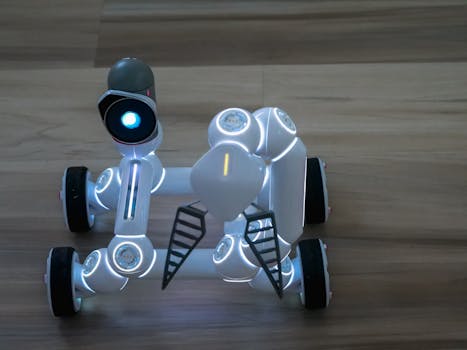
Today’s emphasis on energy conservation and sustainability will be woven into the fabric of smart homes come 2025, largely driven by AI technology. Smart systems will monitor energy consumption in real-time, analyze usage patterns, and adapt accordingly. Homeowners could save significant amounts on energy bills while reducing their carbon footprint, simply by having light bulbs and appliances that audibly inform them when to switch off during high-energy consumption periods. AI algorithms will continuously learn and adapt, resulting in optimized energy management that aligns with individual lifestyles and preferences.
The Integration of Smart Ecosystems
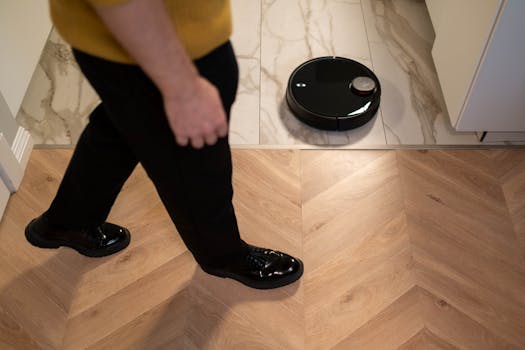
The true power of AI-driven devices in smart homes lies in the ability to integrate into cohesive smart ecosystems. As new devices flood the market, interoperability will take center stage, allowing these devices to communicate seamlessly with one another. Consider smart refrigerators that alert you when groceries are running low or initial setups that streamline morning regimens through linked schedules. This integration also extends to smart lighting systems that adapt to our health needs, providing optimal illumination for work or relaxation during evenings. The value of these interconnected systems will undoubtedly define the next generation of smart homes.

